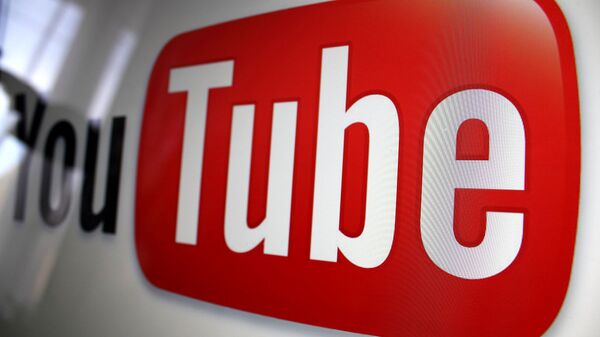In a quarterly letter to creators, YouTube CEO Susan Wojcicki has defended the need to leave up some videos that are “controversial or even offensive” in order to remain an open platform.
Wojcicki says the Google-owned platform is committed to remaining open to all creators, believing it does more good than harm.
“A commitment to openness is not easy. It sometimes means leaving up content that is outside the mainstream, controversial or even offensive. As more issues come into view, a rising chorus of policymakers, press and pundits are questioning whether an open platform is valuable...or even viable. Despite these concerns, I believe preserving an open platform is more important than ever", Wojcicki writes.
The blog post doesn’t include any changes to YouTube’s policies, but Susan Wojcicki outlined a new way the internet’s dominant video site is setting its goal of maintaining the platform as a positive and healthy space.
The CEO refers in her letter to the so-called crucial four “R”s: removing prohibited content quickly, raising up authoritative voices, reducing the spread of problematic content, and rewarding trusted creators.
YouTube has to “strike the right balance between openness and responsibility", Wojcicki concluded.
The letter comes as the company, despite updating its policies to better moderate troubling content, has been facing scrutiny over the spread of harassment, hateful ideologies, and misinformation on the platform, with some critics asking if openness was responsible for its woes, writes The Verge.
Most recently, YouTube was widely censured for its handling of a situation involving a high-profile dispute between Vox journalist Carlos Maza and conservative YouTube host Steven Crowder, with the latter repeatedly targeting Maza with homophobic slurs.
The video site had come in for considerable backlash after ruling the homophobic language was acceptable because it was framed as commentary.




